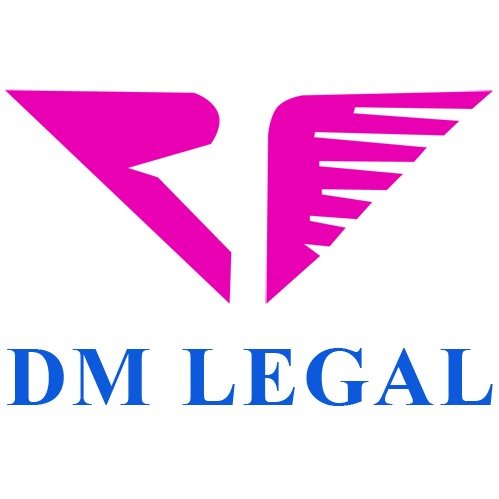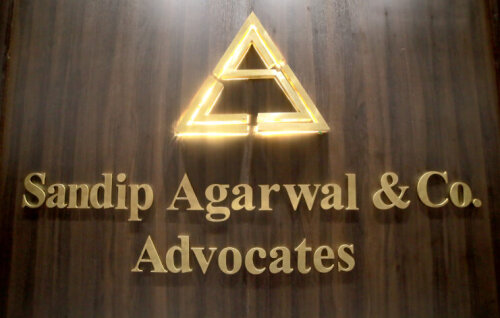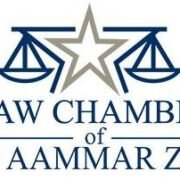Best Native People Lawyers in Kolkata
Share your needs with us, get contacted by law firms.
Free. Takes 2 min.
List of the best lawyers in Kolkata, India
About Native People Law in Kolkata, India
The subject of Native People in Kolkata or across India often refers to the indigenous communities that inhabit various regions of the country. In India, these communities are often legally recognized as Scheduled Tribes (STs). Kolkata, being part of West Bengal, is home to several indigenous communities, although many of these groups primarily reside in rural areas. The laws governing Native People pertain to their rights, heritage, and the preservation of their cultural and historical identity. This legislative framework ensures their economic and educational development, as well as protection from exploitation and displacement.
Why You May Need a Lawyer
There are several scenarios where individuals may require legal assistance concerning Native People in Kolkata:
- Disputes over land ownership or relocation issues involving tribal lands.
- Cases of discrimination or violation of rights, ensuring fair treatment and justice.
- Navigating benefit claims and entitlements under government schemes for tribes.
- Understanding and decoding legal frameworks for starting enterprises or community projects within tribal areas.
- Protection of cultural heritage and intellectual property rights related to traditional knowledge.
Local Laws Overview
The local laws in Kolkata and West Bengal concerning Native People often intersect with national laws designed to protect Scheduled Tribes. Key legislative acts include:
- The Scheduled Tribes and Other Traditional Forest Dwellers (Recognition of Forest Rights) Act, 2006 - Provides rights to forest resources for tribal communities.
- The Protection of Civil Rights Act, 1955 - Ensures that discrimination against tribals is punishable by law.
- The Panchayats (Extension to Scheduled Areas) Act, 1996 - Empowers local self-governance in tribal areas.
- Various reservation policies that provide employment and educational opportunities for Native People.
Frequently Asked Questions
Who are considered Native People in Kolkata?
In the context of Kolkata, Native People generally refer to indigenous communities recognized as Scheduled Tribes in India.
What rights do the Scheduled Tribes have under Indian law?
Schemes and laws provide Scheduled Tribes rights to land, education, health, cultural preservation, and protection against exploitation.
How can a lawyer help with land rights issues for Native People?
A lawyer can navigate complex land legislations to safeguard land ownership rights or handle legal disputes regarding land encroachment.
Are there specific benefits available for Scheduled Tribes in Kolkata?
Yes, there are educational scholarships, employment opportunities, and health benefits aimed specifically at Scheduled Tribes.
How are cultural heritage rights protected for Native People?
Laws like the Intellectual Property Rights aim to protect traditional knowledge and cultural expressions from unauthorized use or exploitation.
What steps should I take if I face discrimination as a member of a Scheduled Tribe?
It's vital to report such incidents to the appropriate authorities or seek legal consultation to help protect your rights.
Can Scheduled Tribes obtain legal aid in Kolkata?
Yes, there are legal aid services available through various organizations and government bodies specifically for Scheduled Tribes.
What role do NGOs play for Native People in Kolkata?
NGOs work in areas such as rights protection, education, health, and livelihood initiatives for the empowerment of Native People.
Is it possible to start a business project in a tribal area?
Yes, but careful legal consultation is necessary to ensure compliance with local laws and respect for tribal rights.
What role does the government play in protecting Native People's rights?
The government implements laws, policies, and developmental projects aimed at uplifting and protecting the interests of Native People.
Additional Resources
Here are some resources and organizations that can aid those seeking legal advice related to Native People:
- West Bengal Scheduled Castes and Scheduled Tribes Development & Finance Corporation: Provides financial and educational support programs.
- National Commission for Scheduled Tribes (NCST): Monitors, investigates, and safeguards the rights of the tribal population.
- Local NGOs: Numerous NGOs operating in and around Kolkata offer legal assistance and humanitarian efforts for tribal communities.
Next Steps
If you require legal assistance concerning Native People in Kolkata:
- Identify the specific legal issue or concern that needs addressing.
- Research potential legal professionals or firms who specialize in indigenous or tribal laws.
- Contact relevant legal aid services or NGOs for support.
- Gather all necessary documents and pertinent information related to your case.
- Organize a consultation with a lawyer to understand your legal rights and options.
Lawzana helps you find the best lawyers and law firms in Kolkata through a curated and pre-screened list of qualified legal professionals. Our platform offers rankings and detailed profiles of attorneys and law firms, allowing you to compare based on practice areas, including Native People, experience, and client feedback.
Each profile includes a description of the firm's areas of practice, client reviews, team members and partners, year of establishment, spoken languages, office locations, contact information, social media presence, and any published articles or resources. Most firms on our platform speak English and are experienced in both local and international legal matters.
Get a quote from top-rated law firms in Kolkata, India — quickly, securely, and without unnecessary hassle.
Disclaimer:
The information provided on this page is for general informational purposes only and does not constitute legal advice. While we strive to ensure the accuracy and relevance of the content, legal information may change over time, and interpretations of the law can vary. You should always consult with a qualified legal professional for advice specific to your situation.
We disclaim all liability for actions taken or not taken based on the content of this page. If you believe any information is incorrect or outdated, please contact us, and we will review and update it where appropriate.
















